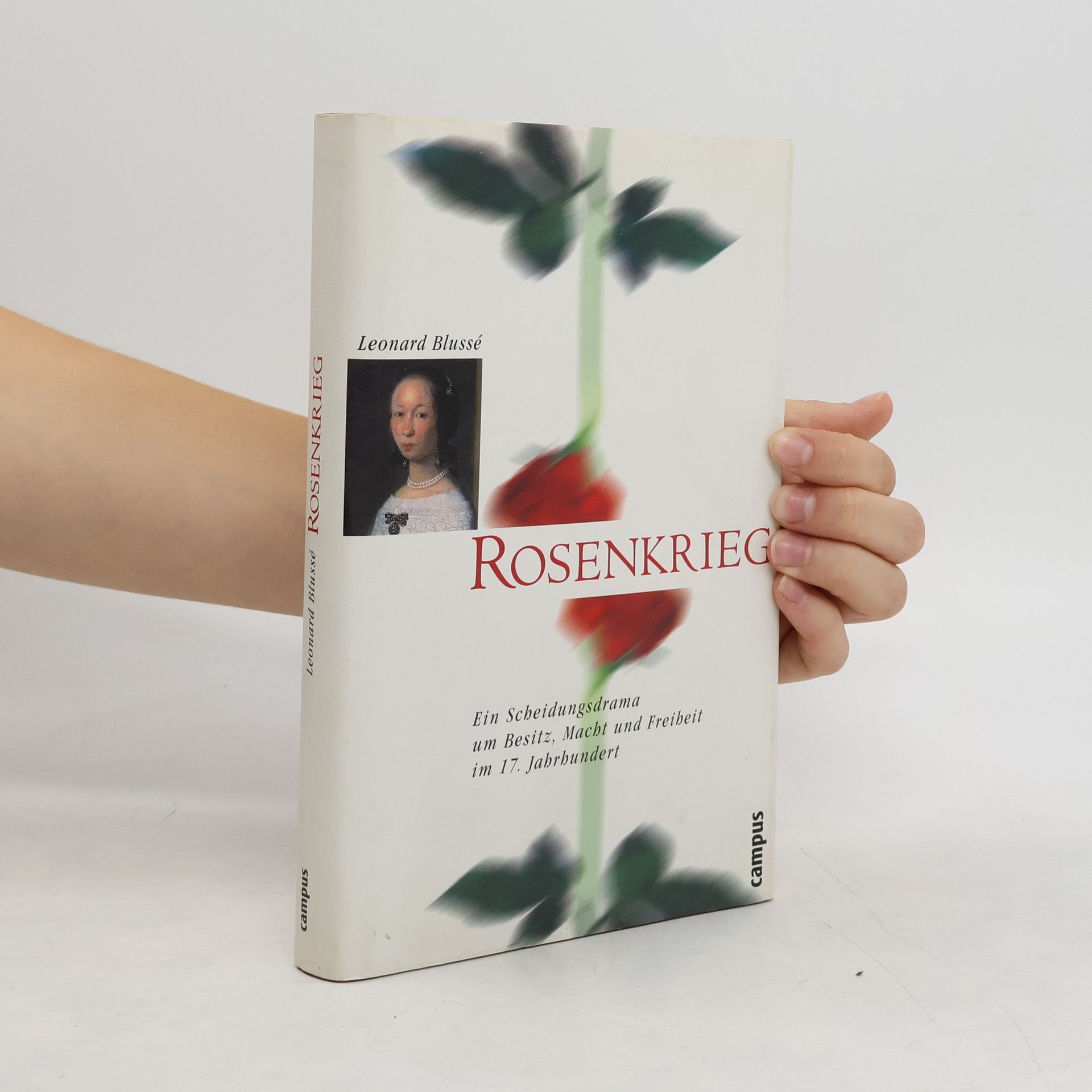Cornelia von Nijenroode ist eine wohlhabende Handelsfrau im niederländischen Orient. Ohne Mann bleiben ihr viele Türen verschlossen, und so heiratet sie kurzentschlossen den zwielichtigen Joan Bitter. Nur wenige Tage nach der Hochzeit erkennt sie, dass dieser Mann nur eines will: ihr Geld. Cornelia sucht die Scheidung. Zuneigung verwandelt sich in erbitterte Feindschaft, Gemeinheiten werden ersonnen, die beiden kämpfen mit Zähnen und Klauen. Atemlos verfolgt die feine Kolonialgesellschaft den in aller Öffentlichkeit ausgetragenen Ehestreit. Leonard Blussé erzählt die wahre Geschichte einer Frau, die sich vor 300 Jahren gegen eine frauenfeindliche Gesellschaft zur Wehr setzt.
Le onard Blusse Book order (chronological)
J. Leonard Blussé van Oud-Alblas is a historian specializing in East Asian history, Asian-European relations, and the history of the VOC (Dutch East India Company). His work delves into the complex interactions between Asia and Europe, particularly within the context of colonial history and trade. He examines the impacts of European expansionism on Asian societies and the ways in which these regions mutually shaped one another. His research offers valuable insights into the long-standing relationships and cultural exchanges between East and West.
